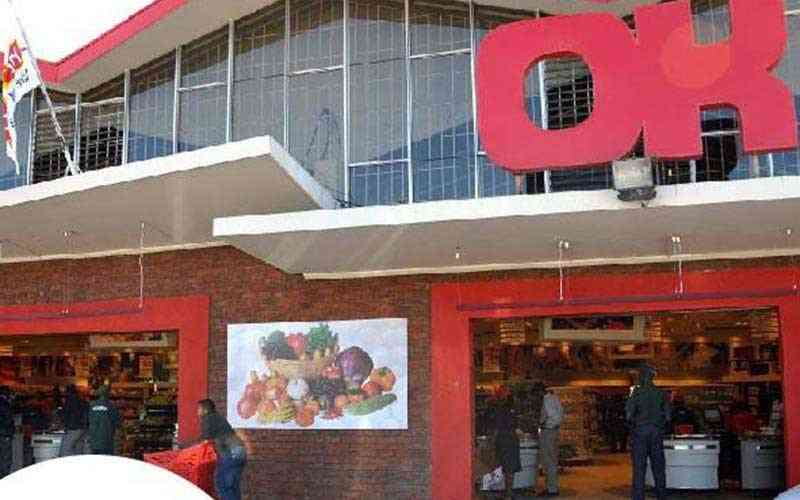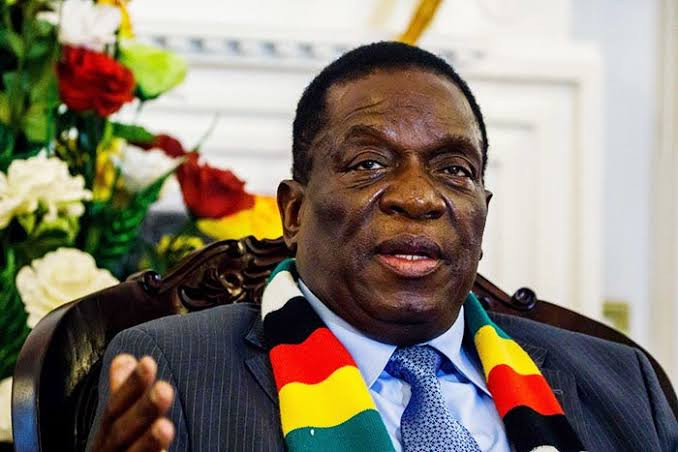
A DIVIDEND is a payment that a company makes to its shareholders. Although in most cases this payment is related to the profitability of the company, meaning profitable companies are more likely to issue dividends, it is not always the case and in some instances, even loss-making companies can commit to a dividend distribution. Companies that are consistent with their dividend payouts are usually mature companies with strong cash flow and lower investment opportunities, and these companies are attractive to investors with a total return objective.
Although OK Zimbabwe does not tick all the boxes of a typical dividend stock, the consumer goods retailer is one of the consistent dividend payers we have in this country. In fact, its former boss once highlighted in an interview that the reason why OK Zim consistently makes distribution payouts is to align with its major shareholders’ cashflow requirements who were an insurance company and a social security administrator.
However, the giant has now decided to skip an annual dividend payment for the first time since 2016. Dividends are usually one way that a company uses to communicate to the market about its future prospects, meaning initiating a dividend is usually viewed as a positive and the opposite is true.
However, this is just an indication, and a deeper analysis might be required to understand why a company initiated or skipped a dividend payment.
The industry that OK plays in is perhaps one of the toughest in the country at the moment.
For the better part of last year, it suffered competition from cheaper duty-free imports and the informal sector has been giving them a good run for their money.
The currency challenges haven’t made the situation better for not only the grocery retailers but all the formal retailers.
Two of the biggest listed fast-moving consumer goods (FMCG) giants both recorded declining sales volume, although OK’s 29.2% volume decline was way more than TM Pick n Pay’s 10% decline.
- EcoCash, OK Zimbabwe seal partnership
- OK Zim ignites Christmas is Here promotion
- Business giant Chiura laid to rest
- Currency woes: Suppliers demand cash upfront
Keep Reading
In terms of profitability, looking at FY24 which ended on 31 March of this year, OK Zimbabwe recorded a net profit margin of 7.51% using the inflation-adjusted numbers although a net loss of 3.08% using the historical numbers.
Such discrepancies are the reason why I am limiting my analysis to ratio analysis and not even bothering to look at absolute values. However, a more thorough analysis would have included having a look at the reported financials, if we had the luxury of believing that they truly represent what we want.
The net profit margin compares the company’s bottom line of the income statement, which is its overall profit versus its top line, which is its sales or revenue.
So effectively it tells us that for every dollar in revenue, how much did the company make in profits.
With a 7.51% net margin, one would conclude that OK did very well, especially considering that the net margin for FY23 was 1.67% and the numbers for its counterparty Meikles, which essentially is the TM Pick n Pay was 4.49% and 1.71% for the past 2 years.
So, if OK Zimbabwe was more profitable using the net profit margin than Meikles and then its previous year, why did it not declare a dividend? Well, if you read the chairman’s statement you will easily find out that the reason would be to restore working capital to support the business. However, we can explore other reasons that might have necessitated skipping a dividend after such a long spell.
One of the main reasons why a company might slow down or even cut dividend payments is if it incurs debt. Some of the debt covenants actually restrict the company from paying out any dividend to its shareholders until it has cleared the debt.
However, this seems not to be the case for the retail giant as its debt ratio is less than 2% which is way lower than the generally accepted levels in the industry. So, what could be the reason?
Liquidity is also another determinant of a company’s payout. There is an interesting story of a company on the Zimbabwe Stock Exchange that once issued a dividend announcement, and a few days later the government hiked interest rates and that company had to reverse their dividend payment decision. So, liquidity is an important determinant and looking at OK Zimbabwe’s financials their current ratio in inflation-adjusted numbers stood at 1.15 which is enough to cater for its liabilities.
The other way to also ascertain dividend-paying capacity and willingness would be through the company’s cash flow statement.
Although profits are a good indicator of dividend payments, they suffer from non-cash line items such as depreciation, amortization and fair value adjustments. An analysis of the group’s cash flow statement will reveal that the company had strong free cashflows to support a dividend payout if it wished to.
Last year the management at OK Zimbabwe presented a strategy that they termed the GROWTH strategy anchored upon growing sales volume, repositioning its brand and transforming its cost structures among other pillars. In fact, they set out an ambitious goal to double the business by 2030 both in terms of size and financial terms whilst halving their costs.
One of the bedrocks of growth is reinvesting in the business, in fact, the formula for estimating the growth of a company is multiplying the company’s return on equity by its retention rate.
The retention rate is what the company is left with when it pays out dividends and in this case, it will be 100% retention for the group. So, it makes sense for the company to not pay the dividend as it is seeing opportunities for it to reinvest in the business to meet its targets.
In conclusion, the way I see it, notwithstanding the challenges that OK Zimbabwe is experiencing and its industry at large, the decision to skip a dividend payment might really be more inclined towards financing growth than it is a signal that the company is no longer able to pay a dividend.
- Hozheri is an investment analyst with an interest in sharing opinions on capital markets performance, the economy and international trade, among other areas. He holds a B. Com in Finance and is progressing well with the CFA programme. — 0784 707 653 and Rufaro Hozheri is his username for all social media platforms.






